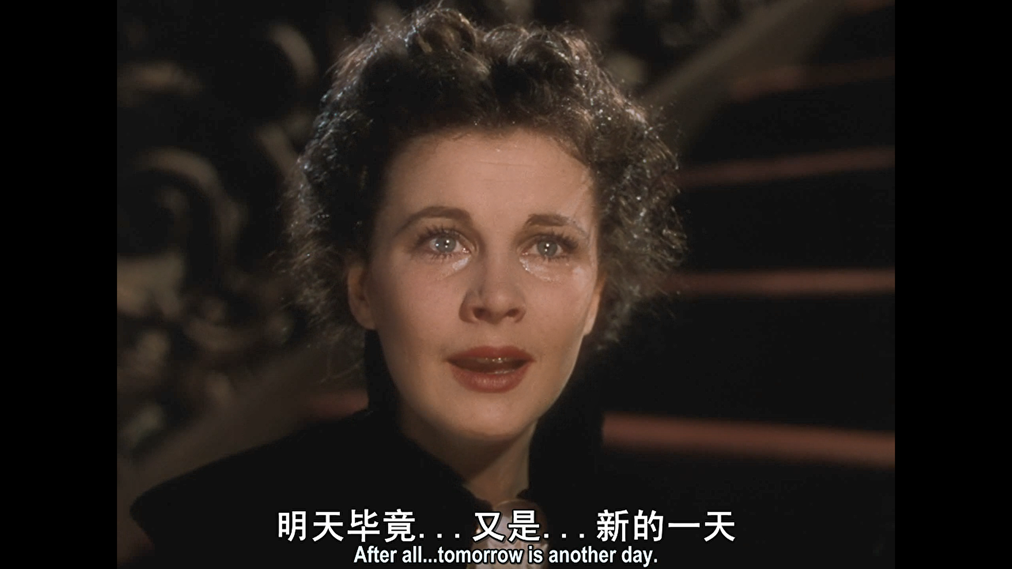MY 100-Day English -12
Live Better, Feel Better, in Spite of Anxiety and Depression
今天发现了今日心理学这个杂志,我本身很喜欢心理学的知识,今后翻译,看英文文章就会多看看这里的文章。
这篇文章主要讲的是保持积极的心态对做决定是有很好的帮助的,有积极心态的人在做决定时会更容易受到过去做出积极的决定的影响,而有焦虑或者抑郁情绪的人在做决定时,容易受到过去做过的不好的决定的影响,可能更加容易在当下做出较差的选择或者决定。整篇文章使用的英文单词都比较简单,内容也比较容易读懂。这篇文章是基于在elife杂志上发表的一篇科学研究,以一种通俗易懂的方式对这篇文章的结论进行得阐释。
原文:
By paying more attention to the things you get right in life, you can become more emotionally resilient and focused in spite of your struggle with anxiety or depression, according to a recent study published by the University of California, Berkley in the online journal eLife. The study looked at the decision-making abilities of more than 300 adult men and women with major depressive disorder and/or generalized anxiety disorder.
Specifically, the researchers looked at the study participant’s probabilistic decision making, when current decisions are based on the results of previous actions. Often, people don’t even realize that previous decisions are informing the decisions they make in the moment.
The researchers found that participants with symptoms of depression or anxiety, such as feeling bad about themselves, constant worrying, or lack of motivation, had more difficulty adjusting to changes in a computerized test simulating a chaotic or rapidly changing situation than did participants who had few or no symptoms of anxiety or depression, who tended to be more emotionally resilient to rapid change. These participants were able to quickly adjust to changing situations and base their decisions on what to do next on actions they had taken in the past to achieve the best possible outcome under the circumstances.
In both a laboratory setting and an online crowdsourcing platform, participants were given the task of choosing between two shapes or two different colored shapes. If they chose the “right” shape or color, they received a monetary reward but if they chose the “wrong” shape or color, they lost money or received a harmless electrical shock. Sometimes, participants were able to predict which shape or color would give a positive result, but at other times it became more difficult and confusing. Those with obvious symptoms of anxiety and depression had a harder time making good decisions under the duress of changing circumstances than emotionally resilient participants, who were better able to adapt to less stable situations.
People who are clinically anxious or depressed often fixate on past mistakes in decision making that resulted in poor or negative outcomes, while those who are more emotionally resilient generally focus on what worked for them in the past. This decision-making skill, the authors conclude, may help them learn to make good decisions that render positive results henceforth.
They suggest that people with clinical depression and/or anxiety may benefit from treatment such as cognitive behavioral therapy, where a trained psychologist can help them improve their decision-making skills and confidence in their decisions by redirecting their focus to previous successes rather than previous failures. We learn more from positive results than negative, the study authors suggest, and that can increase our ability to adjust and adapt to a rapidly changing and uncertain world.
References
Gagne C, Zika O, Dayan P, Bishop SJ. Impaired adaptation of learning to contingency volatility in internalizing psychopathology. eLife December 22, 2020. https://elifesciences.org/articles/61387
See you tomorrow









